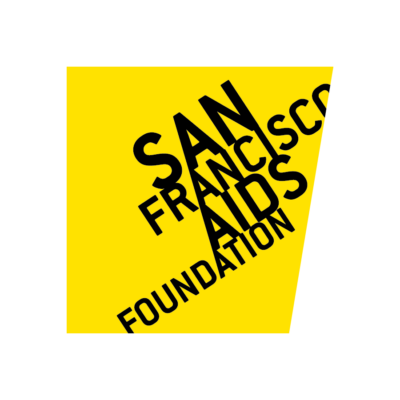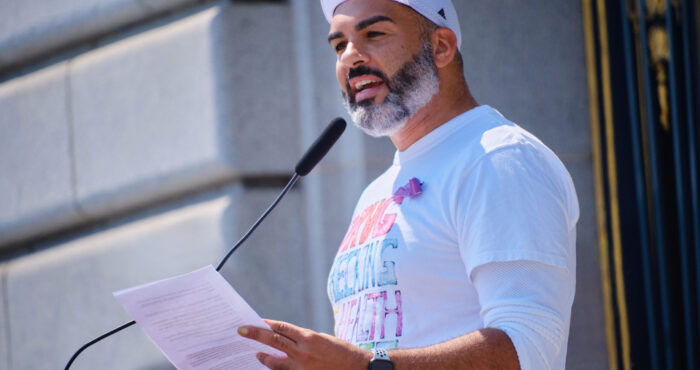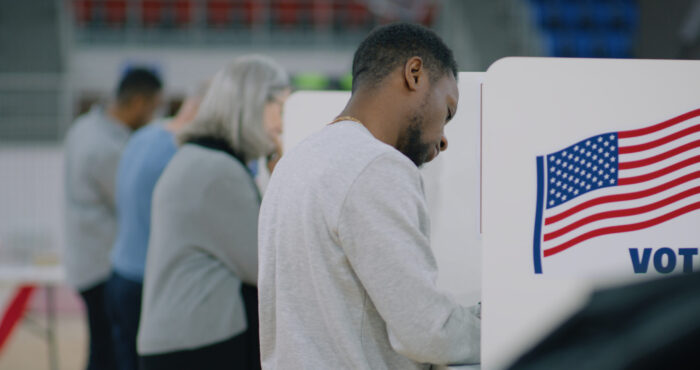We Condemn Attempt To ‘Erase’ Trans And Gender Non-binary People From Service
San Francisco AIDS Foundation condemns actions of the Trump administration to legally redefine sex and gender to exclude trans and gender non-binary people, described in an October 21 story in the New York Times.
“Citing ‘science’ to dictate policies that erase the lives and experiences of trans and gender non-binary people is shameful—especially for an administration that has largely ignored science when it comes to public health and climate change,” said Joe Hollendoner, San Francisco AIDS Foundation CEO. “We know that there is more to gender identity than genetic markers. The Department of Health and Human Services should be advancing an agenda that prioritizes the health and well-being of trans and gender non-binary people rather than contributing to the trauma and discriminatory practices that occur in our healthcare system.”
“Our commitment to providing safe, visible space for trans and gender non-binary community members is unwavering and will not be deterred by inexperienced, amateur policymakers holding extremist positions void of human decency,” said Lara Brooks, chief program officer at San Francisco AIDS Foundation. “The fight against bigotry is relentless. We will not stop advocating, addressing and supporting the rights of trans and gender non-binary people to be who they are.”
San Francisco AIDS Foundation provides social support and sexual health services including HIV testing, STI screening and treatment, access to pre-exposure prophylaxis (PrEP), hepatitis C testing and treatment, and syringe access and disposal to hundreds of trans and gender non-binary people annually.










